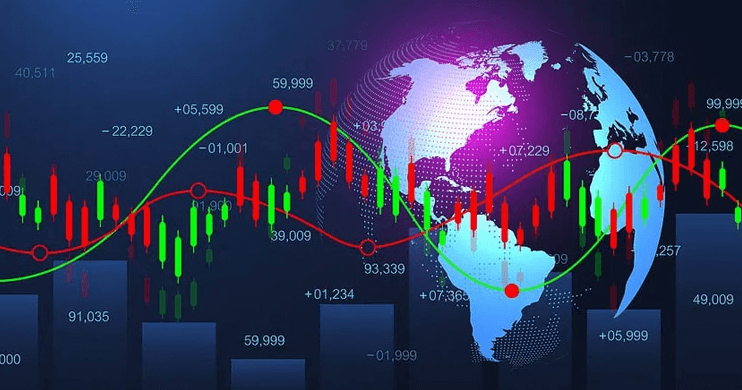
Forex Trading for Beginners: An Essential Guide
- 0
Forex trading is a term that’s buzzed around financial circles for years. If you’ve been curious about what it entails, you’re in the right place. In this guide, we’ll delve into the basics of forex trading for beginners.
What is Forex Trading?
Forex, short for “foreign exchange,” pertains to the trading of one currency for another. It’s the most traded market in the world, with daily volumes exceeding $5 trillion. Forex trading involves buying one currency while simultaneously selling another, typically conducted in pairs like the EUR/USD (Euro/US Dollar).
Understanding the Forex Market Structure
Major, Minor, and Exotic Pairs: Forex pairs are categorized based on their volume and geographical region. Major pairs like the EUR/USD are traded most frequently. Minor pairs exclude the U.S. dollar, and exotic pairs combine a major currency with one from a developing country.
Central Banks & Interest Rates: Central bank policies, especially regarding interest rates, can profoundly impact currency values.
Why Do People Trade Forex?
- Liquidity: The forex market’s liquidity means that large volumes can be traded without massive price shifts.
- 24-hour Market: The forex market operates 24/5, providing flexibility for global traders.
- Low Entry Barriers: Online platforms enable even those with minimal capital to start trading.
- Potential for Profit: Forex offers profit potential, but it’s crucial to remember the risks.
Forex Trading Strategies
- Day Trading: Open and close positions within a day.
- Swing Trading: Hold positions for days or weeks to capitalize on expected upswings or downswings.
- Position Trading: Relying on long-term trends and holding positions for extended periods.
- Scalping: Profiting from tiny price changes over short durations.
Fundamental vs. Technical Analysis
Fundamental Analysis: Evaluating a currency’s value based on economic indicators and global news.
Technical Analysis: Using price charts and past market action to forecast future price movements.
Importance of Psychology in Forex Trading
Emotional intelligence is crucial in trading. Overconfidence, handling losses, and maintaining discipline are vital aspects to master.
Risks in Forex Trading
Leverage, interest rates, country-specific factors, and broker solvency can all present risks in forex trading.
The Role of Forex Brokers
Choosing a broker involves understanding their operational model, associated fees, and the quality of their trading platform.
Getting Started
- Research and Education: Knowledge is paramount. Understand strategies, currency pairs, and the global factors influencing currency values.
- Choose a Reliable Broker: Opt for brokers regulated by financial authorities and offering robust resources.
- Demo Account: Begin with a risk-free demo account to understand market dynamics.
- Understand Leverage: Leverage amplifies both profits and losses, so approach with caution.
Conclusion
Forex trading offers immense potential, but it also comes with significant risks. For beginners, arming oneself with knowledge and adopting a disciplined approach is the key to navigating this vast market. Remember, every successful forex trader began as a novice. With dedication and the right strategy, you can achieve your trading goals.
